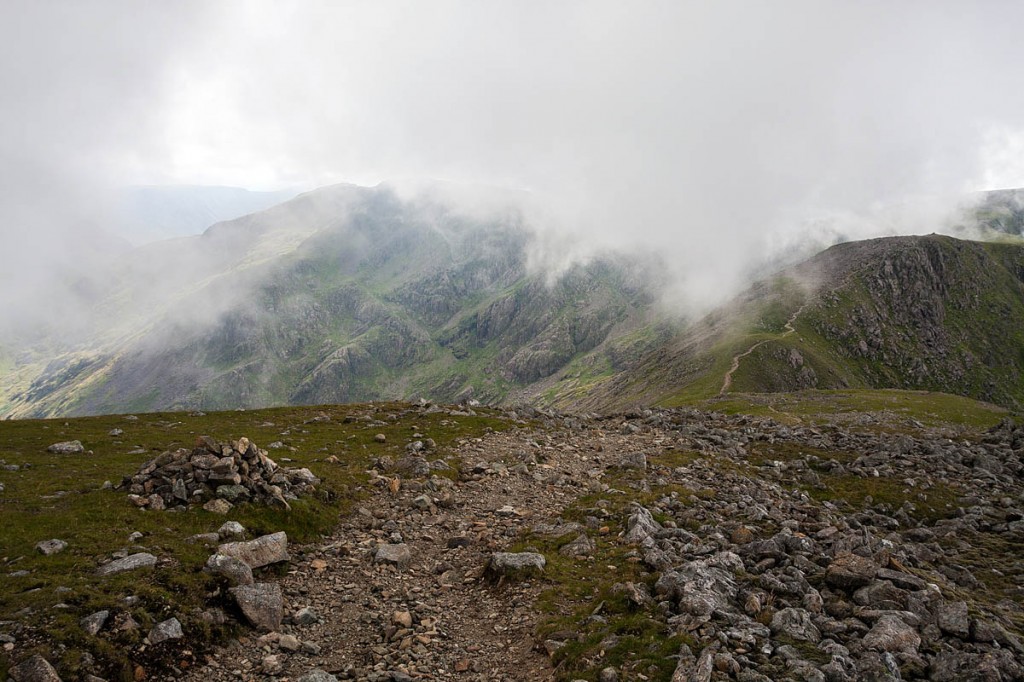Two helicopters were called to aid an injured walker who tumbled a considerable distance while descending a Lake District fell.
The 70-year-old was with two companions making their way from the summit of Pillar towards Wind Gap on Friday.
Rescuers said he suffered a significant tumbling fall, causing head lacerations and other injuries.
Cockermouth Mountain Rescue Team was called out at 2.30pm.
A team spokesperson said: “Great North Air Ambulance was also tasked to the incident and they managed to land on the summit of Pillar and get their doctor and paramedic down to the casualty to assess his condition.
“The helicopter returned to the valley floor and picked up two CMRT team members and equipment and airlifted them to the casualty site. Due to the remote location and the injuries suffered by the casualty, a decision was made to call a second helicopter from the Coastguard with winching capabilities.
“The casualty was packaged ready for an airlift and R199 [the Coastguard helicopter] attended from Prestwick and winched the casualty on board.”
The walker was flown to Cumberland Infirmary in Carlisle for further treatment.
The rescue involved 15 Cockermouth MRT members. A team spokesperson added: “Many thanks to the crews of [the] Great North Air Ambulance and from HM Coastguard for their assistance.”

Ian Lambert
07 March 2018A useful summary and as one of the (three) companions with the injured walker I would like to express our thanks to all involved, and particularly to the doctor from the Great North air ambulance.
The casualty was half way down what is a very steep scree slope of head sized, angular rocks, and fully exposed to strong winds which reduced the ambient -10 temperature to something like -18 with windchill. Having assessed the casualty, as it was impossible to carry him to the summit where the air ambulance waited, the doctor remained with us until the SAR helicopter arrived and completed the evacuation with a winch extraction.
We had first aid kit, emergency blankets, bivi bags and extra clothing with us, however the site, strong winds and potential spinal injuries made it impossible create an effective shelter for the casualty until the the first Cockermouth MRT member arrived with a Bivi shelter which was I believe fundamental in slowing down the onset of hypothermia, which had become a major factor after 30 minutes. From initial fall until casualty extraction took some two and a half hours in total.
Our friend, who although in his early 70s is fit, active and has many years serious mountaineering experience, is now out of hospital and recovering from a broken ankle, broken ribs and bad scalp and ear lacerations.
Key lessons: it really is worth carrying all that emergency kit on the mountains and travelling in a group of at least three and preferably more - the fourth member of our group had to go to summit of Pillar to gain phone reception and was asked by emergency services to stay there to guide the helicopter in. Third member went to find him when he hadn't returned after 3/4 hour., so given the conditions it was feeling quite lonely for a time.
Again thanks to Cockermouth MRT, SAR and Great Northern Air Ambulance people., it would have been a very different outcome without your highly professional help.